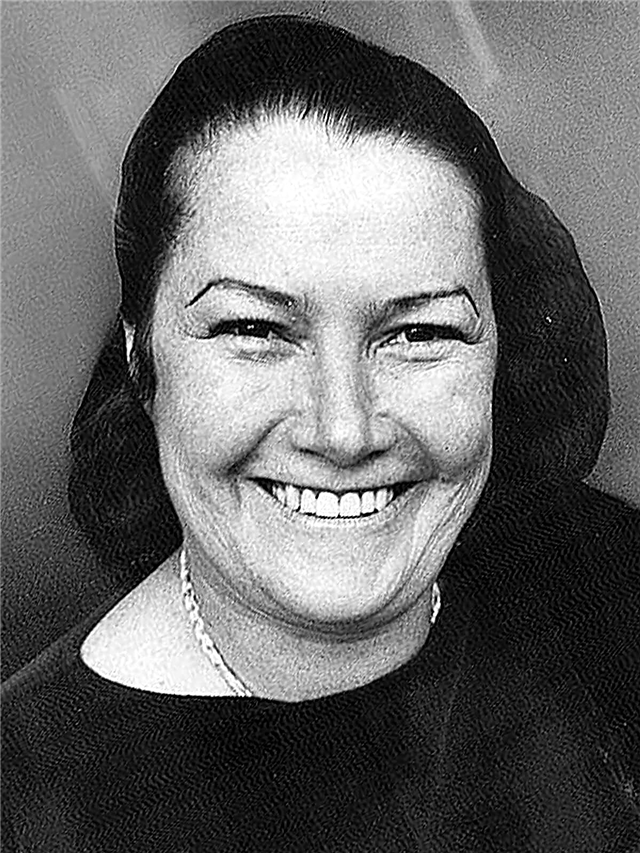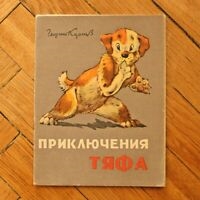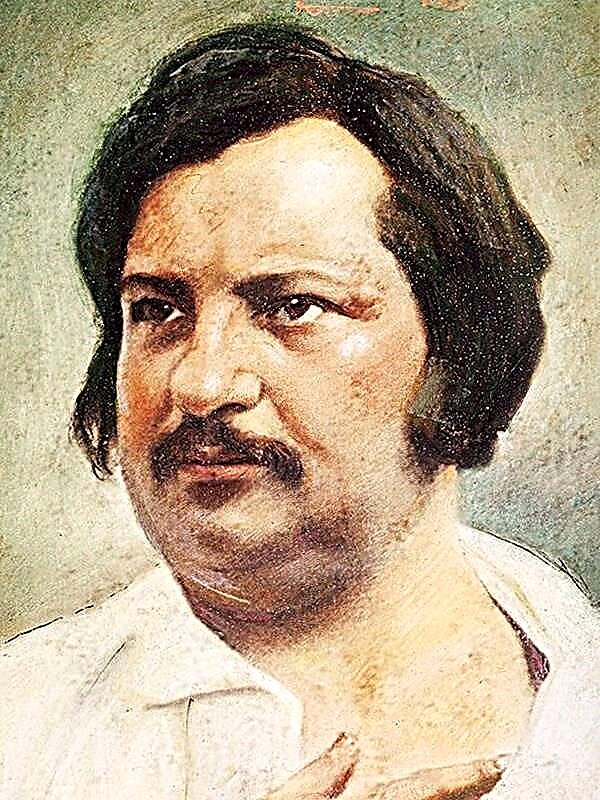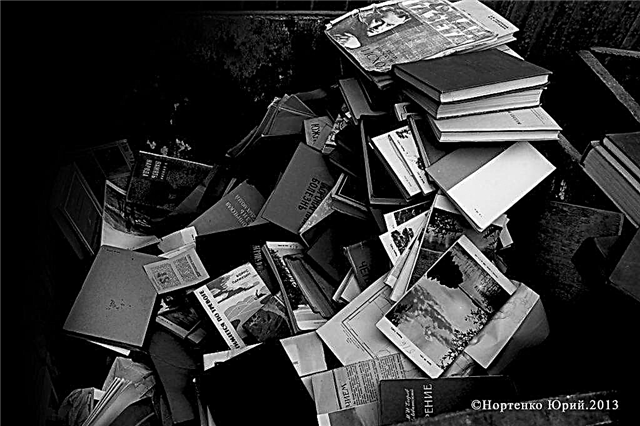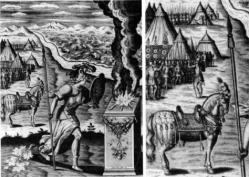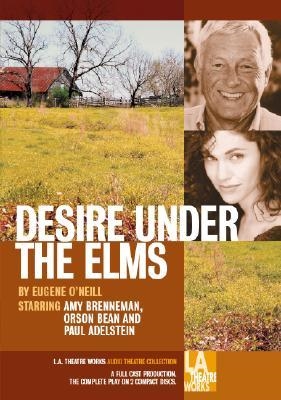The poem by Sergei Alexandrovich Yesenin "I do not regret, I do not call, I do not cry ..." (1921) is the philosophical reflection of the poet about life, its transience. In his opinion, a person should think about death in order to feel life with particular acuteness. Such thoughts can be traced, in principle, in the entire work of S.A. Yesenin. The monologue of the lyrical hero is characteristic of the poet, thinking about life, that everything sooner or later passes, in particular about a bygone youth, which cannot be returned.
History of creation
The author wrote the poem "I do not regret, I do not call, I do not cry ..." at the age of 26 years. In the memoirs of A.S. Tolstoy meets the opinion that S.A. Yesenin wrote this work in the light of the influence of the lyrical digression from the poem Dead Souls by N.V. Gogol.
You can also note the reminiscence from the poem by A.S. Pushkin's "Autumn" ("magnificent nature wilting"). At one of his speeches, Sergey Alexandrovich outlined his interesting authorial position:
... Only remembering death, the poet can especially acutely feel life.
Therefore, in the work under consideration, his thoughts and perceptions of his life are very well traced.
Genre, direction, size
The poem "I do not regret, I do not call, I do not cry ..." is written in the genre of elegy, the main theme of which is the farewell of the lyrical hero with his youth, which leaves over time.
The verse size is more than successful, because the five-foot chorea has written many folk songs that are also close to people whose emotional mood is able to perceive the beauty of life, the beauty of nature and the beauty of the soul.
Images and Symbols
Poem S.A. Yesenina "I do not regret, I do not call, I do not cry ..." shows that life should be accepted as it is - dawn, withering, inevitable dying. These are images of man and nature.
Withering gold embraced
I will not be young anymore.
However, it should be noted that the farewell of the lyrical hero with a departed youth sounds like his departure for good. The hero experienced a lot of disappointments, these lines clearly show his state of mind at that time, although he is young.
But not only about the "dying" of thought in a poem. The emphasis in the last stanza is clearly set, expressed by the words “blessed” and “flow”.
Blessed forever
What came to flow and die.
Themes and Issues
From the very beginning of the poem, three oppositions are noted: “I do not regret, I do not call, I do not cry ...”. There is a denial of negative emotions, the lyrical hero of the work shows his feelings.
The main theme of the work is the humble acceptance of one's fate. In general, the poem is presented in the form of a sad story about the present, farewell to youth, mention of the time irretrievably gone, the uniqueness of life. Then again, one after another, denial. In the poem, the present and the future are related to the past. As you can see from the text, the present is shown in a negative connotation, which is emphasized by three negatives. After which the author turns to the “lost freshness” of youth:
Oh my lost freshness
A riot of eyes and a flood of feelings!
It is here that the emotional background of the poem is shown, the single principle of man and nature. Further, the lyrical hero turns to life:
I have now become stingier in desires,
My life, or did you dream about me?
The illusory nature of life has already been realized, the lyrical hero’s dreams of beauty are unrealizable, and a tendency to self-deception is shown. The conclusion shows the recognition of the dialectical unity of life and death.
Main idea
The meaning of the poem "I do not regret, I do not call, I do not cry ..." is the transience of life. Lyric hero S.A. Esenina finds peace and tranquility, is reconciled with nature and life. Such an allegory is characteristic of Russian literature. The work is based on the principle of the antithesis of the past, present and future. The topic gradually unfolds, culminates in the drains "My life, or have you dreamed of me?" Themes and motives are traditional for S.A. Yesenina: life and death, farewell to youth, a wanderer and the way.
First, the poet turns to himself, to his past life, and at the end - to all of humanity. The image of the pink horse is dramatically shown, as it has already galloped away, in literary criticism such an image is interpreted as Pegasus, personifying creativity, inspiration. In this work, the author sums up the peculiar result of his life, its results and unfulfilled expectations. With certainty, we can state the fact that the elegy "I do not regret, I do not call, I do not cry ..." is one of the poet’s best poems.
Means of artistic expression
Poem S.A. Yesenin's “I do not regret, I do not call, I do not cry ...”, like his many other works, is imbued with the best means of artistic expression: epithets, metaphor, antithesis place the necessary accents in this work, allow us to convey the author’s mood and his view on the topic under discussion.
My life, or did you dream about me?
Like I'm spring echoing early
Galloped on a pink horse.
The epithet “pink” reflects shades of joy, characteristic youth, romantic trends - this is a kind of symbolic image of the sun, bright, long-awaited.
Even an ordinary peasant horse turned pink under the sun. But youth has passed, unbelief has come, disappointment has come. Further, the already pink color becomes cold copper:
We all, we all in this world are perishable,
Quietly pouring copper from maple leaves ...
In this beautiful poem, Yesenin uses such a means of expression as the antithesis. So, blossoming apple trees are contrasted in the poem with autumn gold wilting, which means the opposition of youth and old age, and youthful dreams - the frustrations of adulthood.
Beautiful poetic images are found in the poem "country of birch chintz", "spring echoing wound" and others.
As always, the metaphor of Yesenin’s poem gives an extraordinary flavor: “a riot of eyes and a flood of feelings”, “covered with gold withering”. The phrase “Everything will pass like smoke from white apple trees” has become an aphorism.
Other means of expression are also found in the poem: alliteration
"Wandering spirit!" you're less and less
Stir the flames of the mouth
inversion: “Smoke from white apple trees”
rhetorical question: "My life, or did you dream about me?"
comparison:
Like I'm spring echoing early
Galloped on a pink horse.
S.A. Yesenin skillfully used the artistic expressive means of the language in the poem "I do not regret, I do not call, I do not cry ...", the melody and beauty of the transferred state of mind are duly conveyed to the reader.
This beautiful work of the great poet is put to music, has become a favorite song of many people. Thin sincere line of content, a beautiful combination of vowels, and, as a result, the melody of the whole poem.

